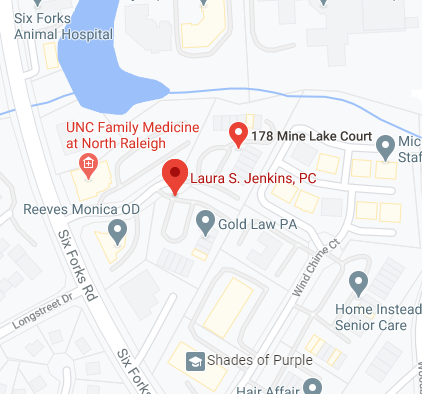Nobody deserves to be injured on the job. Unfortunately, in some cases, accidents are truly unavoidable and freak occurrences. But quite often, they are due to some poor planning or a lack of consideration about potential hazards. So one way or another, accidents are unfortunately a part of life.
But that doesn’t mean you should just suffer quietly. Our country recognizes that there is a danger to attending a workplace and that there should be a system in place to support those who are injured while helping to keep society running. The system they came up with is what we call workers’ compensation and it has done a lot to help injured employees.
However, the system isn’t perfect, and the best way to see that is to look at how it considers the topic of pain and suffering. To understand why this is, we’re going to have to first take a look at how workers’ comp functions. We will also need to see what we mean when we use the terms pain and suffering in a legal sense. Finally, we’ll be able to see why these workers’ comp so often fails to account for employees’ pain and suffering.
How Does Workers’ Comp Work?
Workers’ comp is a form of no-fault insurance. Basically, this means that workers give up certain rights to sue in civil court, in exchange, they are offered limited benefits. The system is meant to function as a compromise system.
What workers’ comp does is cover certain damages that you could suffer because of an accident such as:
- The cost of ongoing care
- Wages that you missed because of your injury
- If working conditions exposed you to harmful chemicals or other substances that led to an illness, the costs associated with treating the illness would be covered
- If a workplace accident leads to the death of an employee then workers’ comp would cover funeral costs of $10,000.00 and would pay the next of kin up to 500 weeks of compensation
- Some injuries don’t happen because of an accident but rather because of a repetitive task and, while these may be harder to prove, they would be covered by workers’ comp if your doctor can establish causation
- Injuries that come from accidents in the workplace are the clearest example of what workers’ comp covers
- Injuries that are severe may restrict an employee’s ability to return to work, or leave them only able to work again in a reduced capacity, and worker’s comp could help to replace lost earnings in addition to medical care.
How is Pain and Suffering Defined in a Legal Sense?
Pain and suffering is a harder concept to define than, say, your medical bills. Let’s create a hypothetical example to walk through what we’re talking about. Because pain and suffering is an elusive concept.
Let’s pretend that an employee broke his legs because of an accident on site. It is easy to track the medical side of this. There is an ambulance bill and medical bills for the immediate treatment, as well as on-going physical therapy to help with recovery. All of these can be given an exact monetary number. We can look at the bill from the hospital or from the therapy sessions and we can say exactly how much this injury cost in that regard.
We can also look at how much work the employee missed because of their injury. They worked four days a week. So we would look at how long they’re out of work and how much money they would have made in that period of time. It doesn’t account for things like sick days and the like that would have been had but it gives us a fairly comprehensive number we can use for our calculations.
But your pain and suffering is something that’s felt. The employee may sink into depression because they can no longer go for their evening run. Additionally, the injury may continue to hurt and that could make them unable to sleep soundly and therefore they’d be suffering irritability and other negative side effects. How do you put a price on something like being able to sleep properly or losing the joy of walking?
So Why Can’t I Get Workers’ Comp to Cover My Pain and Suffering?
Workers’ comp is designed to help workers get the compensation they deserve. But unfortunately since it is compromise system of limited benefits, pain and suffering is never compensation under North Carolina Workers Compensation Law
Is There Anything I Can Do?
Unfortunately, not. Sometimes you can get the insurance carrier to pay for treatment of psychological issues like depression, if they arose as a result of your work injury. But the only way to receive payment for pain and suffering is if you were injured by a third party, while working. In that case, you would have a workers compensation claim against your employer, and you might also have a regular civil court claim of negligence against the third party, which would include recovery of medical bills, lost wages and pain and suffering







